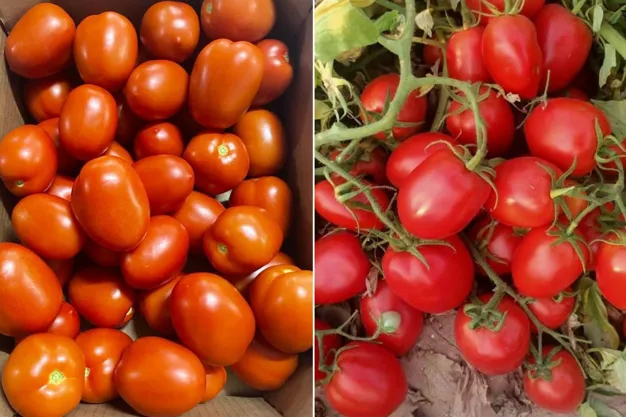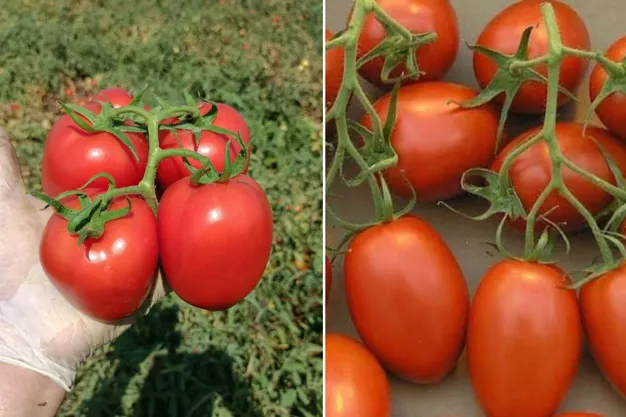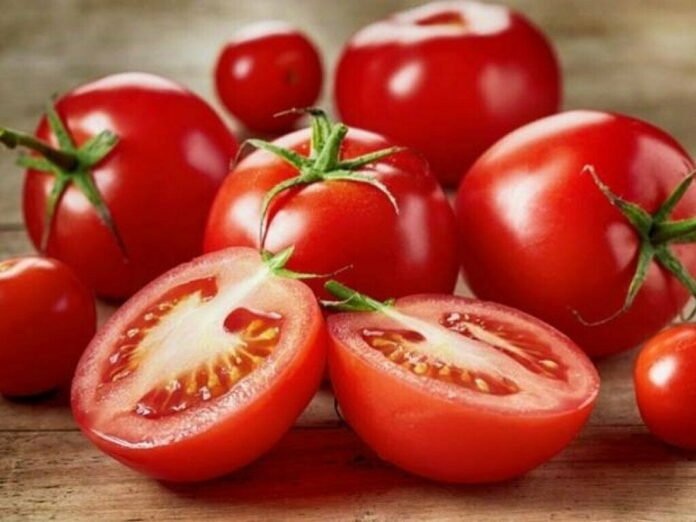The next cycle of Egyptian tomato exports is due to start soon, in early December. Abdelkader Habony, exporter of a wide range of Egyptian fresh produce, hopes to reach more European markets.
Abdelkader says, “Egypt is in the top 5 tomato-producing countries in the world, with volumes exceeding 6 million tonnes and over 200 local and international varieties. We enjoy a climate that allows us to produce all year round, in rotation across regions. This year is no exception, with very favorable weather conditions and the absence of phytosanitary or virus problems.”

Egyptian tomatoes are exported to the Gulf countries, North Africa and, to a lesser extent, Europe. Morocco, however, takes the lead in exports to Europe, despite production being 6 times lower. Habony says, “Morocco has the advantage of geographical proximity to Spain, which makes its transport costs much lower, as if Moroccan exporters are delivering their local market. Our transport costs are 3 times higher. Over time, European importers have become accustomed to buying Moroccan tomatoes. It should also be remembered that large volumes of Egyptian production go to its local market, but that’s a secondary reason.”

The exporter is hoping for a turning point given the difficulties faced by producers in Spain, France and Morocco. He says, “The drop in tomato production in Europe will benefit Morocco first, but also Egypt. We have seen that European importers have turned to Egypt over the last two years for many fresh products, and the turn will come for Egypt to export its tomatoes to Europe. The quality of Egyptian produce and packaging no longer needs to be proven.”

According to Habony, “The transport cost disadvantage will become irrelevant if volume deficits in Europe continue to deepen. Egyptian growers will be more competitive on other parts of the cost, since we produce in open fields, without the need for greenhouses, and with a generally lower production cost, and most of all, without financial losses due to virus-related issues.”
Source: Fresh Plaza

